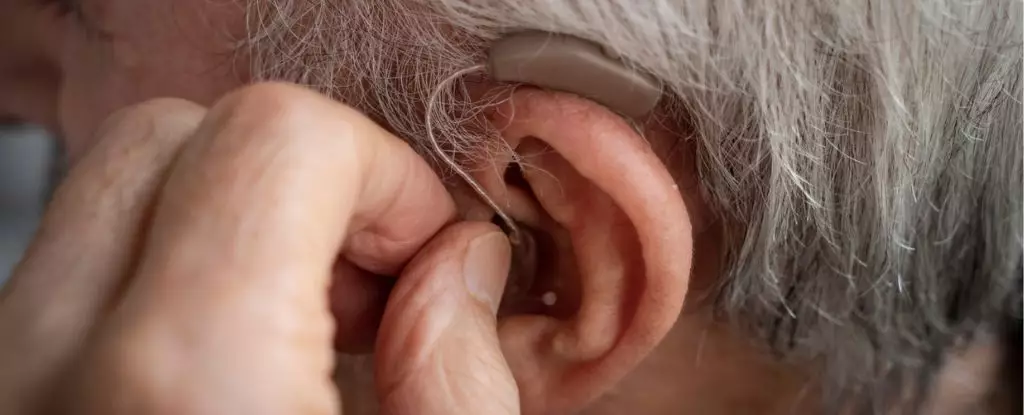Recent research has unveiled a striking correlation between hearing loss and the onset of Parkinson’s disease, particularly in a substantial population of American veterans numbering over 3.5 million. This correlation is backed by compelling statistical evidence indicating that individuals with varying degrees of hearing loss tend to receive a Parkinson’s diagnosis significantly later in life. The research suggests that the severity and duration of hearing impairment directly influence the likelihood of such a diagnosis. However, the introduction of hearing aids as an intervention appears to mitigate this risk substantially, highlighting a crucial area for public health advocacy and medical intervention.
As we delve deeper into this topic, it becomes essential to understand how hearing loss contributes to neurodegenerative disorders. Researchers have long established a relationship between cognitive decline and sensory impairments, shedding light on how these diminishments can serve as precursors to diseases like dementia and Parkinson’s. This new evidence, emerging from a systematic review and clinical trials, emphasizes that the use of hearing aids not only supports auditory function but may also serve as a fundamental component of maintaining cognitive health among aging populations.
In 2022, a systematic review indicated that adults with hearing loss who utilized hearing aids had a 19% reduced likelihood of experiencing cognitive decline compared to those who did not use these devices. Following this, a large-scale clinical trial in 2023 confirmed that these aids could potentially slow cognitive decline by nearly 50% in certain older adults. Such findings underscore the necessity for a reevaluation of how hearing detriments are perceived in medical practice, as they may play a pivotal role not only in hearing health but also in overall brain fitness.
Importantly, Parkinson’s disease is often accompanied by cognitive symptoms reminiscent of dementia, including memory challenges and diminished mental acuity. By managing hearing loss early with proper interventions such as hearing aids, individuals may fortify their cognitive function against the encroaching shadows of neurodegeneration. When aligned with other early markers of Parkinson’s, like sleep disturbances or loss of smell, the implications suggest a multifaceted approach to screening and diagnosis is essential.
Groundbreaking Research Findings
The research led by neurologist Lee Neilsen and his team has set a high standard for future inquiries. By tracking a predominantly male cohort of middle-aged veterans for two decades, the findings offer compelling evidence that administering hearing aids can significantly lessen the population-level risk for Parkinson’s disease. Veterans exhibiting mild hearing loss, typically in their 60s, were found to have a notable cumulative incidence of Parkinson’s disease over various follow-up intervals. More strikingly, the evidence indicated an extra 10 cases of Parkinson’s in every 10,000 individuals linked to mild hearing loss over the two-decade study period.
The positive outcomes for individuals who adopted hearing aids shortly after initial testing reveal the urgency for timely intervention. Those participants showed a significantly lower incidence of Parkinson’s diagnosis, with measurable differences appearing as early as one year post-study entry. However, the question of whether hearing aids restore neural connections or alleviate cognitive load on the brain remains open for exploration.
Given the strong association between hearing loss and Parkinson’s disease as indicated in this research, it is imperative to advocate for comprehensive hearing screenings at the primary care level, regardless of a patient’s expressed concerns. Increased awareness and proactive measures could reshape the path of neurodegenerative diseases for many, reducing hospitalization rates and improving the quality of life for individuals at risk.
Moreover, hearing aids could foster social engagement and emotional resilience among older adults, fundamentally altering the trajectory of their cognitive health. As we witness a growing aging population globally, the imperative to integrate hearing health into holistic medical assessments becomes increasingly clear.
The emerging evidence linking hearing aids to reduced risk of Parkinson’s disease is not merely a topic of interest; it offers a beacon of hope for countless individuals. By addressing hearing impairments early and effectively, we can potentially usher in a new era in the fight against neurodegenerative conditions, creating a healthier aging population and enhancing the quality of life as we grow older.


Leave a Reply